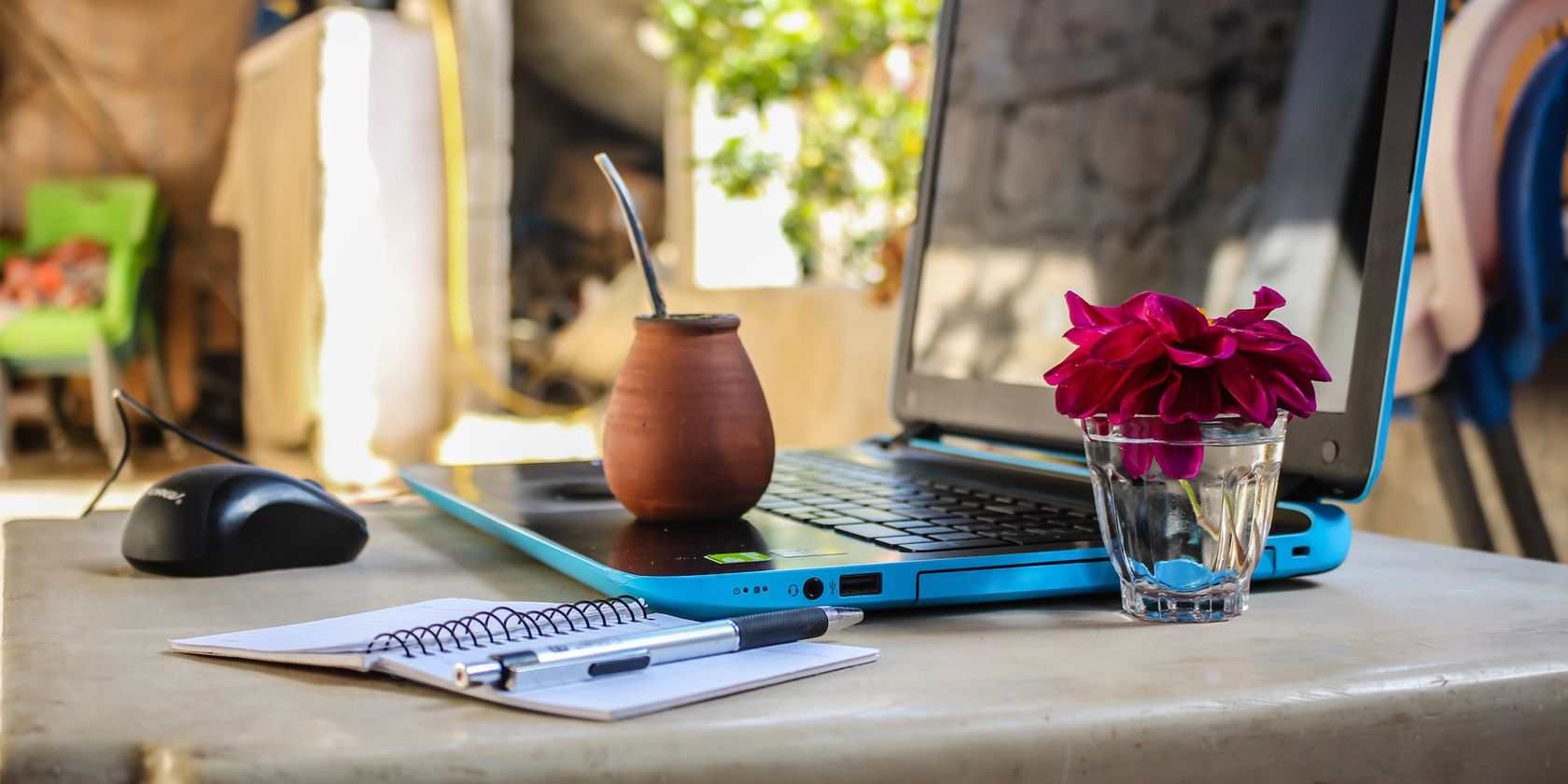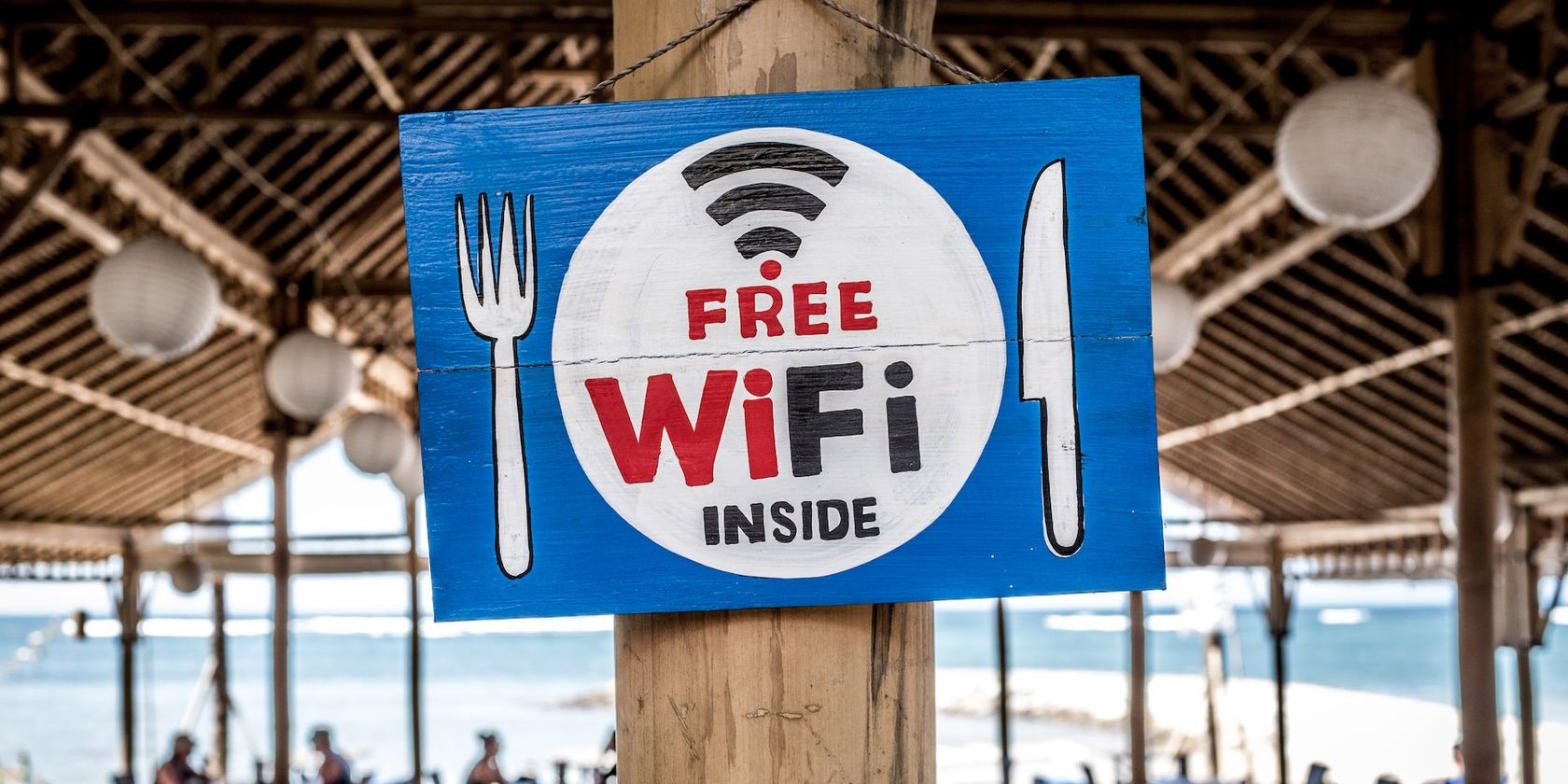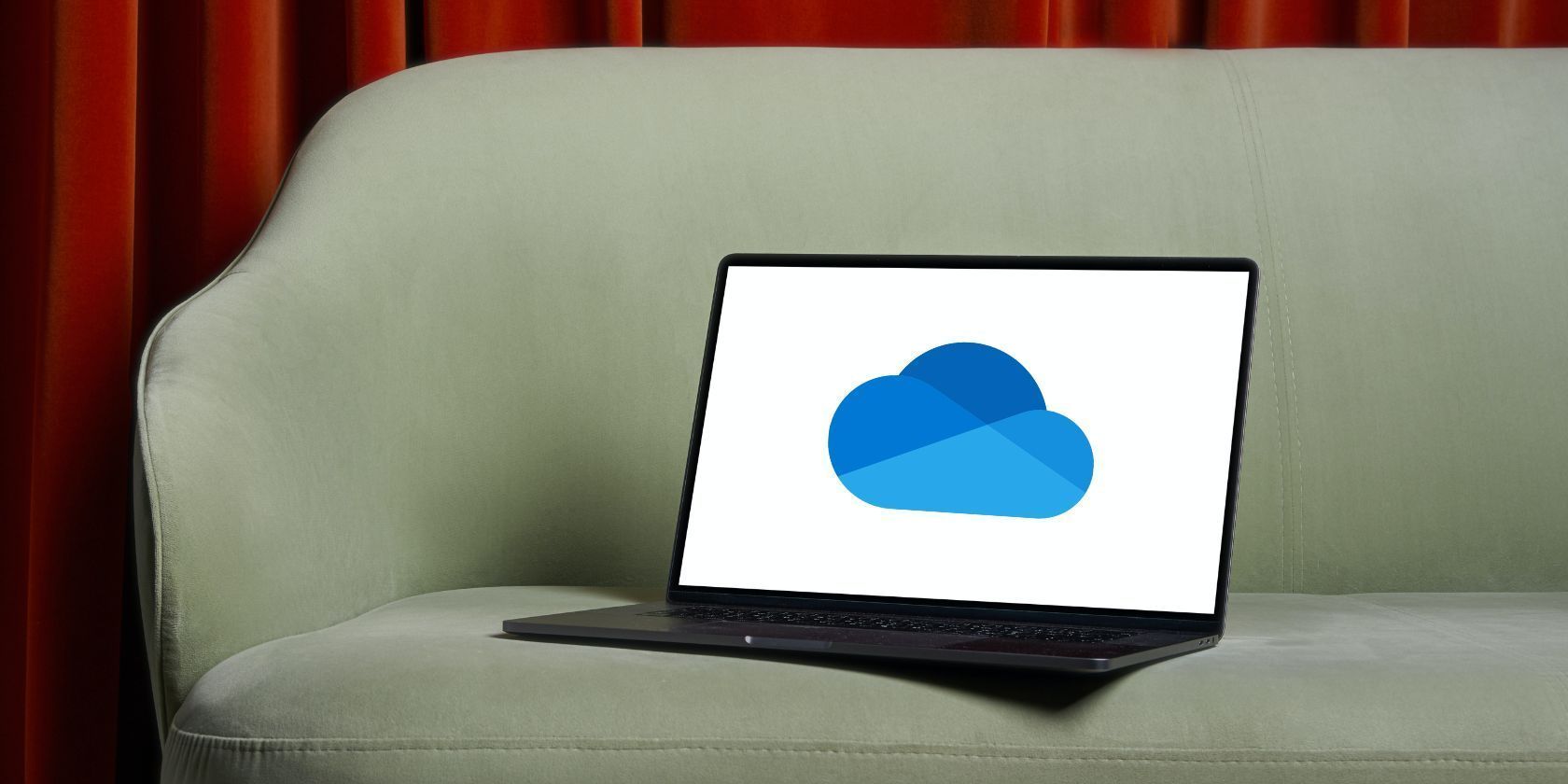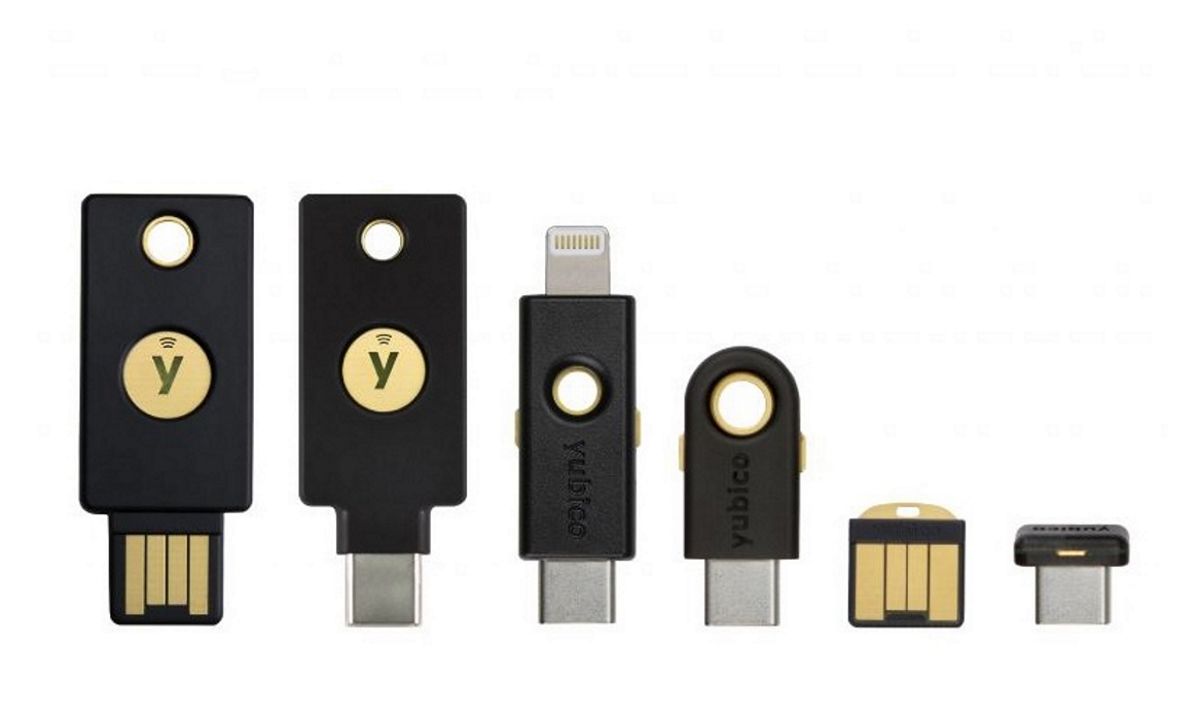Sun-kissed laptop screens by the ocean, and the rhythmic waves orchestrating your spreadsheet symphony. This is the idyllic image that comes to mind when people imagine the life of a digital nomad. But it's not all sunsets and sandy shores.
There are urgent Zoom calls at bustling airports, visa runs, and the quest for free Wi-Fi. Cybersecurity often takes a back seat. Your laptop is your lifeline, and protecting your digital world is crucial. So how can you stay safe, no matter where your adventures take you?
1. Secure Your Devices
Being a digital nomad means you're constantly on the move. It's an exciting lifestyle, but you’re acutely aware of just how much you rely on technology to keep you connected, and working. Your devices are your livelihood, so make sure they’re locked down tight. For each device, use strong and unique passwords and PINs. Consider also enabling biometric authentication features such as fingerprints or facial recognition.
For instance, Apple's Face ID and Touch ID deliver enhanced security layers for iPhones and iPads. Likewise, most Android devices boast similar capabilities.
Don't forget to keep your devices' software updated to ensure you're protected against the latest threats. This includes your operating system, apps, and security software. Regularly updating your devices not only patches known security vulnerabilities but can also improve performance and stability.
2. Safeguard Your Internet Connection
Public Wi-Fi can be a digital nomad’s best friend and worst enemy. Public Wi-Fi is often unsecured, making it easy for cybercriminals to snoop on your online activity, and steal sensitive information.
Avoid using public Wi-Fi for sensitive tasks, such as online banking or accessing private work data.
Sometimes using public Wi-Fi is unavoidable, especially when first entering a new country. In these cases, always double-check the network you’re connecting to, and avoid any that don’t require passwords.
Use a Virtual Private Network (VPN) to encrypt your internet connection, making it harder for hackers to intercept your data. A paid VPN service is worth your investment, and most VPN services offer user-friendly apps for your devices.
Hackers can create fake Wi-Fi networks with similar names to legitimate ones, tricking users into connecting. This type of attack method is known as the “evil twin” and falling victim to it can mean having your data, and personal information stolen.
To add an extra layer of security, consider investing in a portable Wi-Fi hotspot or using your smartphone's data tethering feature, which allows you to create a private Wi-Fi network wherever you are.
3. Protect Your Online Accounts
Your online accounts are a wealth of personal and professional information. These make them prime targets for cybercriminals.
To keep your accounts secure, enable multifactor authentication (MFA) wherever possible. In addition to your password, MFA requires a second form of verification, such as a fingerprint, a one-time code sent to your phone, or a physical security key. This makes it much more difficult for hackers to gain access to your accounts, even if they have your password.
Digital nomads tend to change phone numbers regularly as they enter new countries. For this reason, it’s best to use an authenticator app rather than SMS for MFA.
For each account, use unique and complex passwords, ideally combining upper- and lower-case letters, numbers, and special characters. Use a password manager such as Dashlane or Bitwarden, so you don’t need to remember them all. When using a password manager, memorize the master password, but don’t write it down or use autofill in your browser. To avoid unexpected lock-outs, remember to update the countries you are visiting ahead of time in the password manager settings.
4. Backup Data Regularly
The thought of losing all your photos, documents, and digital life is terrifying, but it can and does happen. To protect against data loss, ensure you are backing up regularly. Using physical storage such as an external hard drive is a good start, but these devices can fail.
Use a combination of physical and cloud services such as Google Drive, Dropbox, and Microsoft OneDrive. This way, if one backup fails, you will have another to fall back on.
Set up automatic backups to ensure your files are always up-to-date, and consider encryption for your physical storage.
As a digital nomad, you should also have electronic backups of visas, passports, and immigration cards. If the physical documents are lost or stolen, they may be your only chance to identify yourself to have them replaced.
In addition to backing up your data, it’s essential to have a recovery plan should the unthinkable happen. Think over the most likely scenarios and how you intend to recover your data. If you're using cloud storage, make sure you enable versioning or file history features. This will allow you to recover previous versions of your files in case they become corrupted or accidentally deleted.
5. Practice Safe Browsing Habits
Staying cyber secure is also about being mindful of your online behavior. Be cautious of phishing emails and suspicious websites. Avoid clicking on links or downloading attachments from unknown sources. Phishing scams often use legitimate-looking emails or messages to trick you into revealing sensitive information or installing malware on your device.
Treat unknown emails and SMS the same as you would when applying for visa extensions—only act on them if you know the source is legitimate. Always verify the sender's email address, and hover over links before clicking to check if they lead to a legitimate website.
When using your browser, keep an eye out for the HTTPS padlock symbol in your browser’s address bar. The padlock symbol indicates a secure, encrypted connection. HTTPS helps ensure that your data remains private as it travels between your device and the website you're visiting. Avoid submitting personal or financial information on websites that don't use HTTPS, as your data could be intercepted by hackers.
And keep your browser and plugins up to date, as outdated software can contain security vulnerabilities.
You can enable automatic updates for your browser, and consider using browser extensions like HTTPS Everywhere, which forces an encrypted connection on websites that support it, or Privacy Badger, which blocks third-party trackers and helps protect your privacy.
6. Invest in Security Tools
Investing in quality security tools is essential for everyone, but especially for digital nomads. Antivirus and anti-malware software help protect your devices from viruses, ransomware, and other malicious threats.
Choose a reputable security solution that offers real-time protection, automatic updates, and the ability to scan for and remove existing malware.
If you really want to take your cybersecurity seriously (and you should!), consider using a hardware security key such as YubiKey. These physical devices provide an extra authentication step when logging in to your online accounts, making it even more difficult for hackers to gain access.
7. Be Mindful of Social Media
Social media platforms are a great way to stay connected and showcase your travel experiences to loved ones. They can also expose you to potential cyber threats.
Be cautious about what you share on social media, especially if your accounts are available to a public audience. Avoid posting information about the exact current location, travel plans, or personal details. This information can be used for guessing security questions, or sophisticated extortion schemes.
Review your privacy settings on social media, and limit the visibility of your posts to friends or specific groups. Also, be wary of accepting friend requests or connection requests from strangers, as they may be looking to gain access to your personal information.
Securing Your Nomadic Digital Journey
The freedom to roam and work worldwide brings cybersecurity challenges. By embracing these tips and staying vigilant, you'll bolster your personal privacy and workplace data.
This ensures peace of mind, equipping you for the rollercoaster ride of nomadic life—its peaks and valleys. Remember, staying secure is an ongoing process that requires your attention and effort. Stay safe, and have happy travels!




